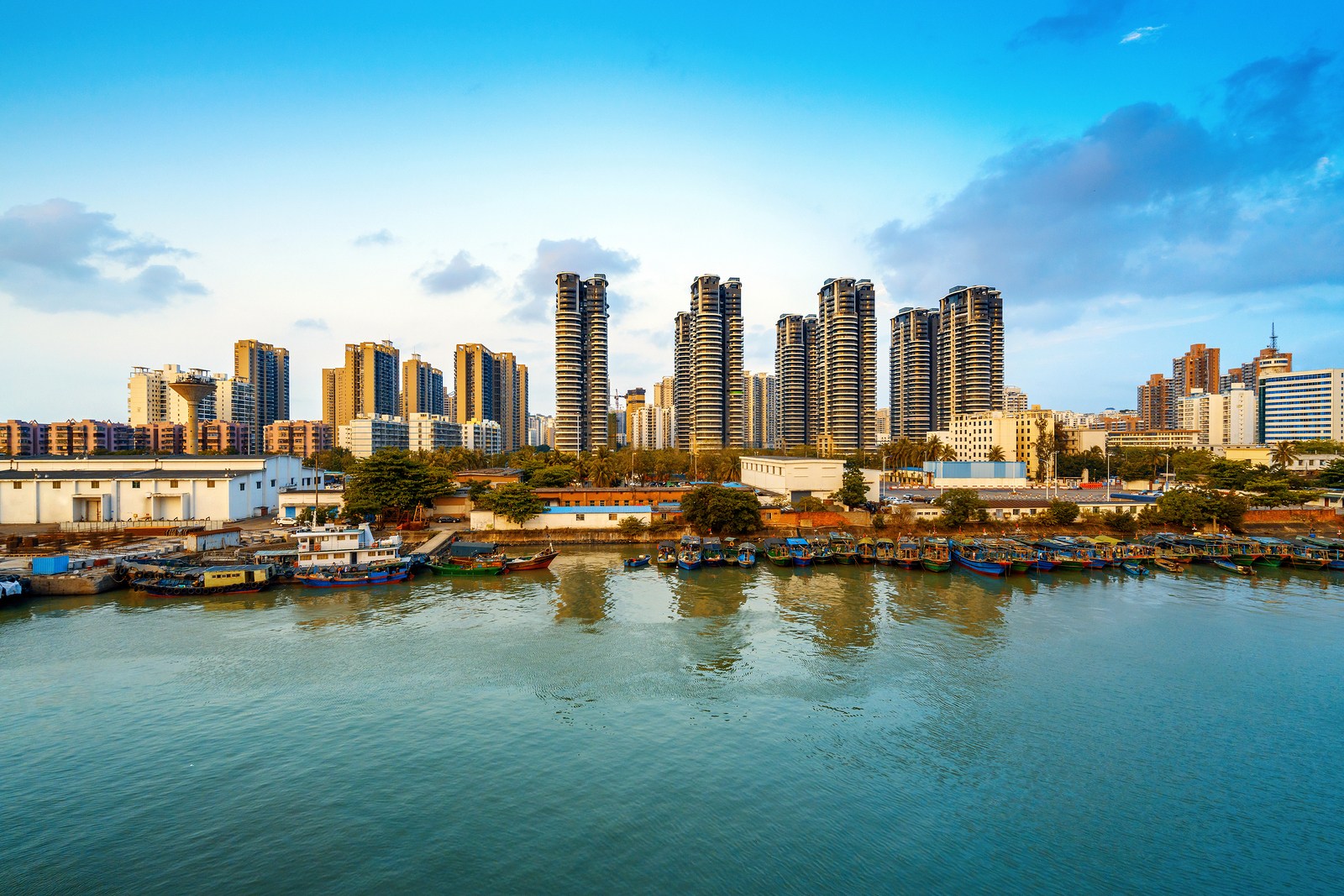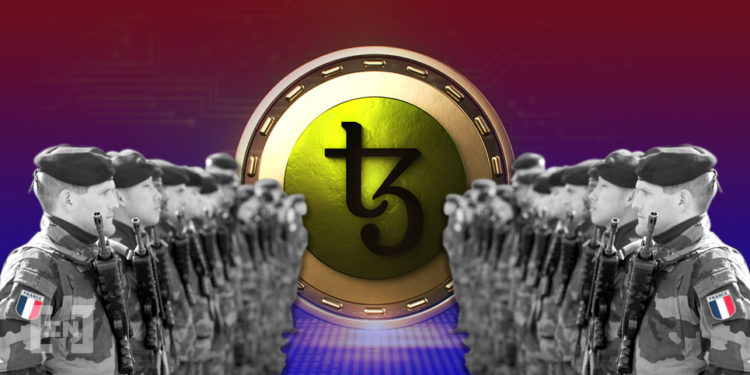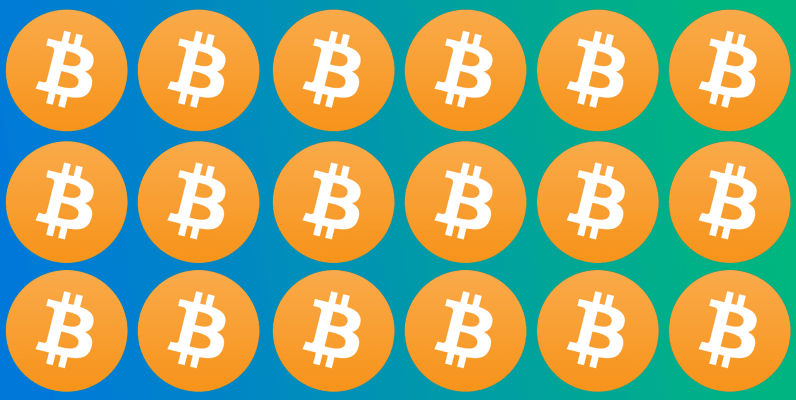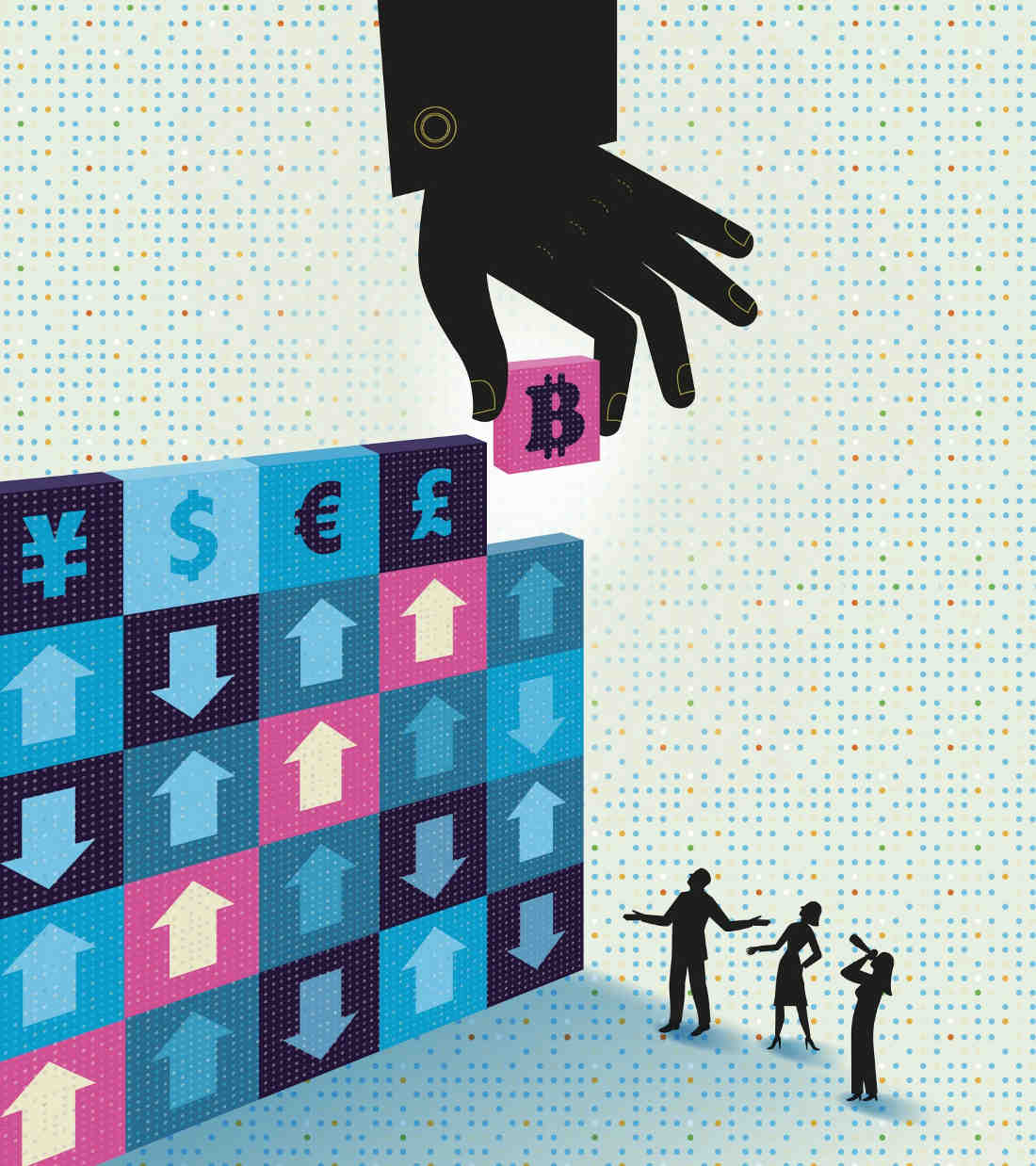Countries in Latin America and Africa are finding stores of value in Dash, bitcoin, ether and other cryptocurrencies.
Strolling the aisles, it didn’t take Eugenia Alcalá long to pick out her weekly grocery items: rice, beans, bread and meat. That’s about all that’s available in Caracas, the capital of Venezuela.
Once she reached the cashier, it would be another 40 minutes before she could leave the store.
“Yesterday the account was 200 million [bolivars], but the point of sale only permitted 20 million bolivars per transaction,” Alcalá said. “So I had to pass the debit card 10 times. Each time it takes up to five minutes.”
It took five cards to complete the 10 transactions, and not because she didn’t have the money. Banks simply didn’t want to turn it over.
As the Latin American country plunges ever deeper into its long-running crisis, Venezuelans are looking for an answer, with its flailing economy set to contract by more than 10% this year, bringing the total decline to about 45% in the past four years, according to the Center for Strategic and International Studies in Washington, D.C., a nonprofit policy-research organization.
As Venezuelans struggle to obtain everyday needs, they are turning to a curious asset class to alleviate price pressure: cryptocurrencies.
“Crisis led us to this situation,” said José Rodríguez, owner of Nómada Food Truck in Caracas. The situation is the adoption of digital currencies, an innovation that Rodríguez said is getting his business through the economic crisis.
Source/More: This is where cryptocurrencies are actually making a difference in the world – MarketWatch















